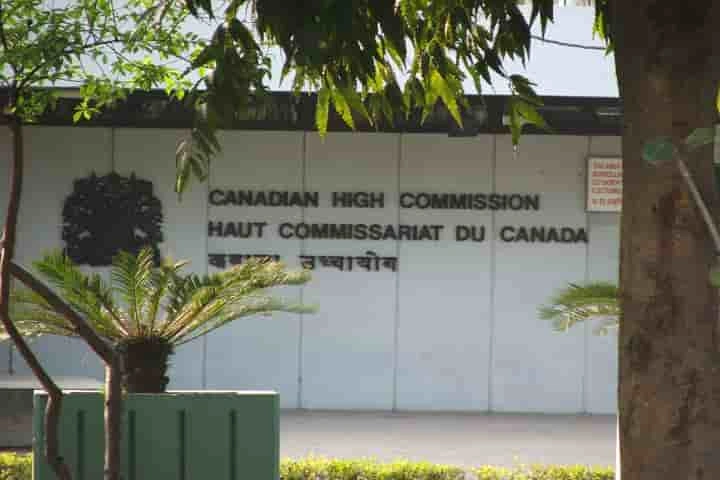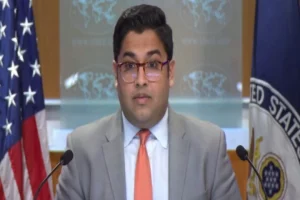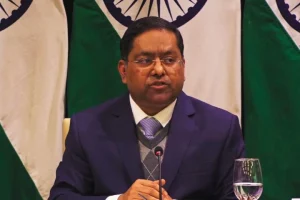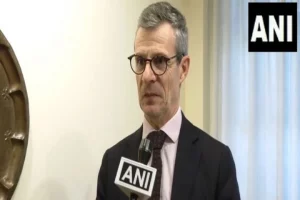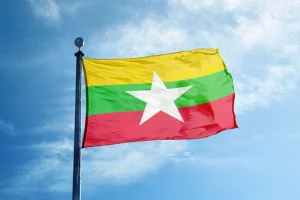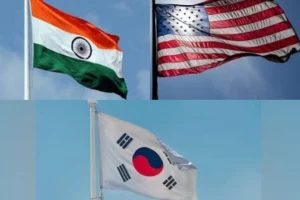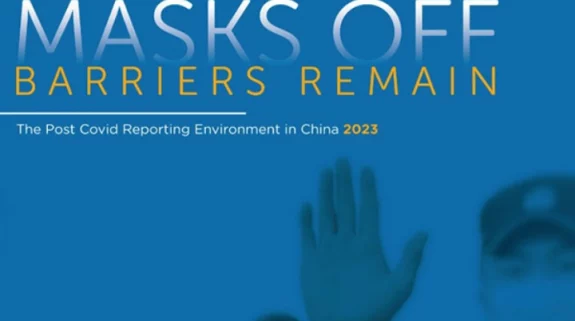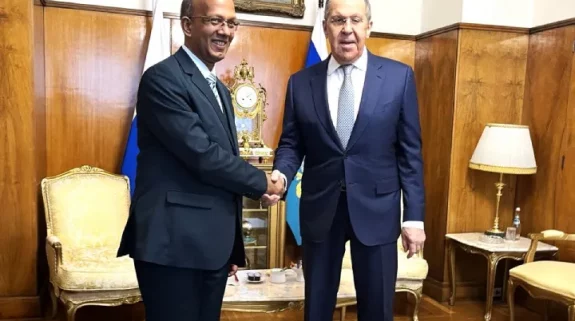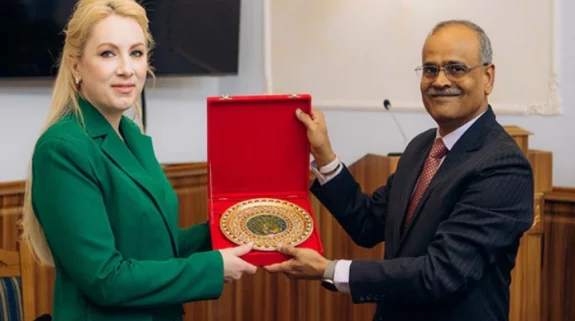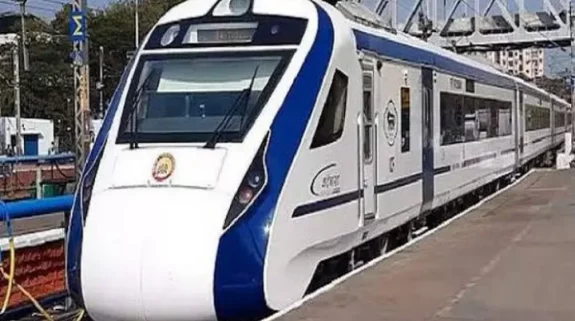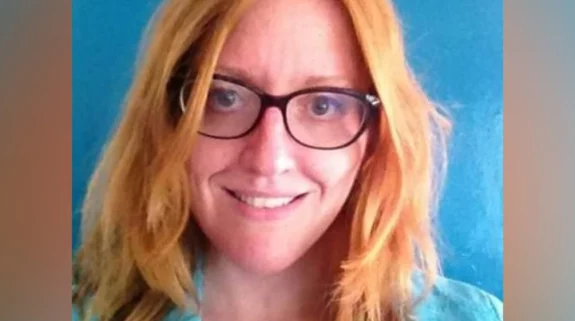Large-scale refusal of study visa applications by Canada has triggered alarm bells among students from Punjab aspiring to go to the land of their dreams.
The rejection rate of study visa applications of students from Punjab, according to one estimate, is above 70 per cent, especially for those applying for admission to colleges located in Ontario and British Columbia (BC) states of Canada. These states, according to many visa consultants, are bursting at the seams due to a majority of Indian students thronging them.
The number of pending applications from Punjab alone exceeds 6 lakh. Apart from Punjab, a large chunk of study visa applications emanate from Haryana, Himachal, Uttarakhand, Delhi, and Uttar Pradesh.
It appears that the Canadian authorities have veered around to the view that the aim of most of the Indian students applying for study visas is to settle down in Canada and they are now seen as “potential immigrants.”
Amit Sehgal of Stamp Visa, Tilak Nagar, Delhi, explains that the real culprit is the spread of Covid-19 because of which most countries like Australia, New Zealand, Canada, the US, and the UK closed their educational institutions. After relaxation of travel and reopening of institutions since Covid-19 subsided, there has been a glut of applicants. The students who passed out in the academic years of 2020 and 2021 but could not move abroad, besides those who passed in 2022, are together flooding the Canadian visa office.
The Canadian government is now preferring students who opt for four-year-degree courses at Universities. The high cost education in Universities earns them over Rs 50 to 55 lakh per student by way of fees. The lodging and boarding expenses of the students are additional, says Sehgal.
He further disclosed that after Quebec stopped admitting foreign students, some years ago, the rush turned towards Ontario and BC. But the Canadian government wants to push immigrants and study visa seekers to states where population is scanty.
A nursing diploma holder from a Punjab college who secured 6.5 bands in IELTS was given admission by a college in British Columbia but could not get a visa even after applying twice. She was supposed to join the college in December 2021. She has applied for the third time.
Kuldeep Mann, a Vancouver-based journalist, working for TV Punjab, gives another reason. He says that incidents of violence involving Punjabi students in BC and Ontario could also be one of the factors resulting in visa refusals. There have been umpteen incidents where Punjabi students entered into brawls with locals and got arrested.
He also refers to gang wars involving students from Punjab. The Punjabi diaspora settled permanently in Canada after entering on study visas has earned a bad name for allegedly participating in drug trafficking. The majority of drug peddlers caught in the recent past are of Punjab origin.
There is a possibility that the Canadian government has secretly passed instructions to curtail inflow from Punjab, Mann said.
Vinod Chandel of Step to Abroad visa consultants based in Chandigarh says that the other four states of Canada, that include Saskatchewan, Alberta, Nova Scotia, and Manitoba are a better option where the rate of acceptance of visa applications is quite high.
Another visa consultant maintains that the Canadian government is now preferring those who are already in that country on a work visa or a tourist visa and want to pursue higher education.
Another factor being mentioned is that there have been reports about faking IELTS results which might have had a bearing on the visa policy of the Canadian government.
Many fraudsters have been arrested in Punjab and elsewhere who clandestinely helped select students to pass the test by adopting unfair means. “A sum of Rs 5 lakh to 7 lakh is charged to help a student wanting to secure the required 6.5 bands in the test,” reveals a police officer posted in Mohali, a hub of IELTS coaching centres.






